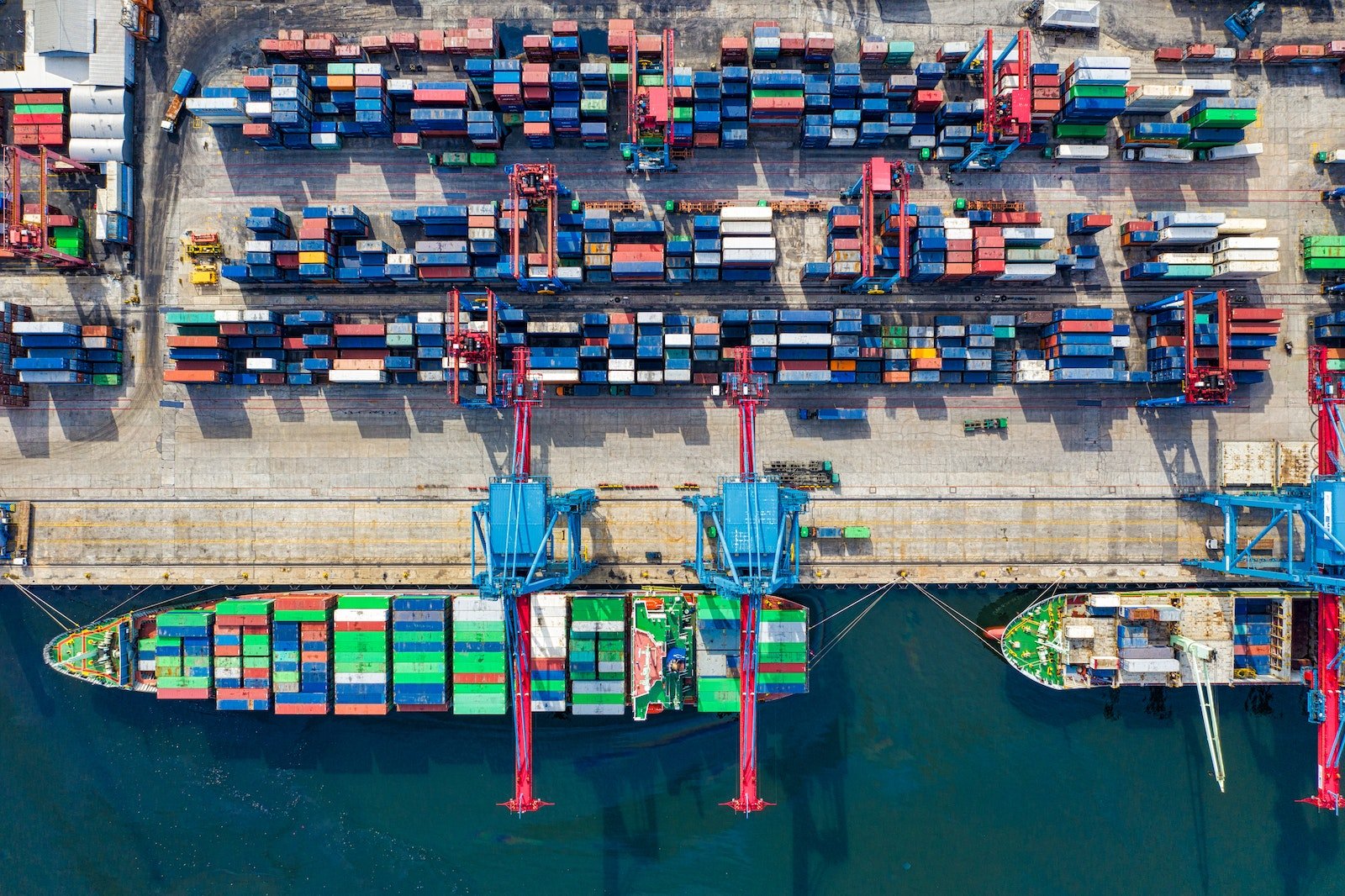In August, China saw a 8.8% decrease in exports, settling at US$284.9 billion. Despite this decrease being less sharp than the 14.5% fall witnessed in July, market analysts remain skeptical about an upswing in external demand in the forthcoming months. This sentiment comes even as the typically high-demand Christmas season approaches.
Data from customs authorities highlighted that this is the fourth consecutive month where exports took a dip. July’s 14.5% fall was steeper, yet the August numbers were better than the 9.5% drop projected by Wind, a Chinese financial data provider.
Various factors contributed to this slight rebound. The rapid depreciation of the yuan in August was significant, making Chinese goods more affordable and thereby competitive on the global stage. Other influencing elements include the lower comparison base from the previous year and disruptions caused by typhoons in July that postponed delivery orders. Both of these factors added a silver lining to the August trade figures.
On the import front, there was a drop of 7.3% to US$216.5 billion. This, however, was better than July’s 12.4% decline and surpassed Wind’s forecast of 8.2%.
However, Andrew Tilton of Goldman Sachs Research noted that these figures are stated in terms of values. The actual amount of increased trade could be masked by higher prices. He cited the rise in global oil prices in August as compared to July, which potentially impacted China’s reported import values.
Global supply chain disruptions, catalyzed by the US’s de-risking strategies, also add to China’s trade challenges. This could be a hindrance for the world’s second-largest economy, especially as it grapples with its post-pandemic recovery efforts.
Chen Zhiwu, a finance professor at the University of Hong Kong, voiced that the smaller export decline was anticipated. The State Council’s efforts over the past few months have seen some positive results, although conflicting policies from other sectors might have offset these benefits.
Zhiwu mentioned, “There should be some more short-term rebound in China’s trade and economy, but longer-term concerns are still there due to political and geopolitical factors.”
A notable figure from August was China’s total trade surplus of US$68.4 billion, a decline from July’s US$80.6 billion, as imports grew faster than exports.
Heron Lim of Moody’s Analytics predicts a continuing decline in exports. He attributes this to a weaker global economy, which will result in fewer new export orders. “But as trade performance was already weakening from the second half of 2022, it will be slower,” Lim added.
Data also revealed shrinking exports to many of China’s major trading allies, although the decline was less compared to July. For instance, exports to the Association of Southeast Asian Nations, China’s prime trade partner, dropped by 13.25%. Exports to the European Union and the United States declined by 19.58% and 9.53%, respectively.
While these figures hint at minor improvements, Zhou Hao from Guotai Junan International emphasizes that the overall trade momentum is tepid at best. “In general, the figures still suggest the headwinds remain despite some marginal improvement,” Zhou remarked. He believes that domestic demand will be pivotal in determining the future of China’s trade growth, especially with the recent shifts in the property sector offering potential short-term relief.
Moreover, rising oil prices indicate that there might be an uptick in import growth value in the near future, added Zhou.
From a policy perspective, Zhang Zhiwei, chief economist at Pinpoint Asset Management, believes that policymakers are directing their attention towards domestic economic challenges. This is particularly true for the property market, especially when external demand continues to remain subdued.
Reflecting on the array of policy measures introduced recently, Zhang stated, “We need time to see how effective these measures will be to stabilize the property market and overall macro outlook.” He feels that the policymakers have become more proactive than they were a few months back. If there isn’t a positive shift in macro momentum soon, Zhang predicts that Beijing might roll out additional policies to bolster growth in the coming months.
Read More:
